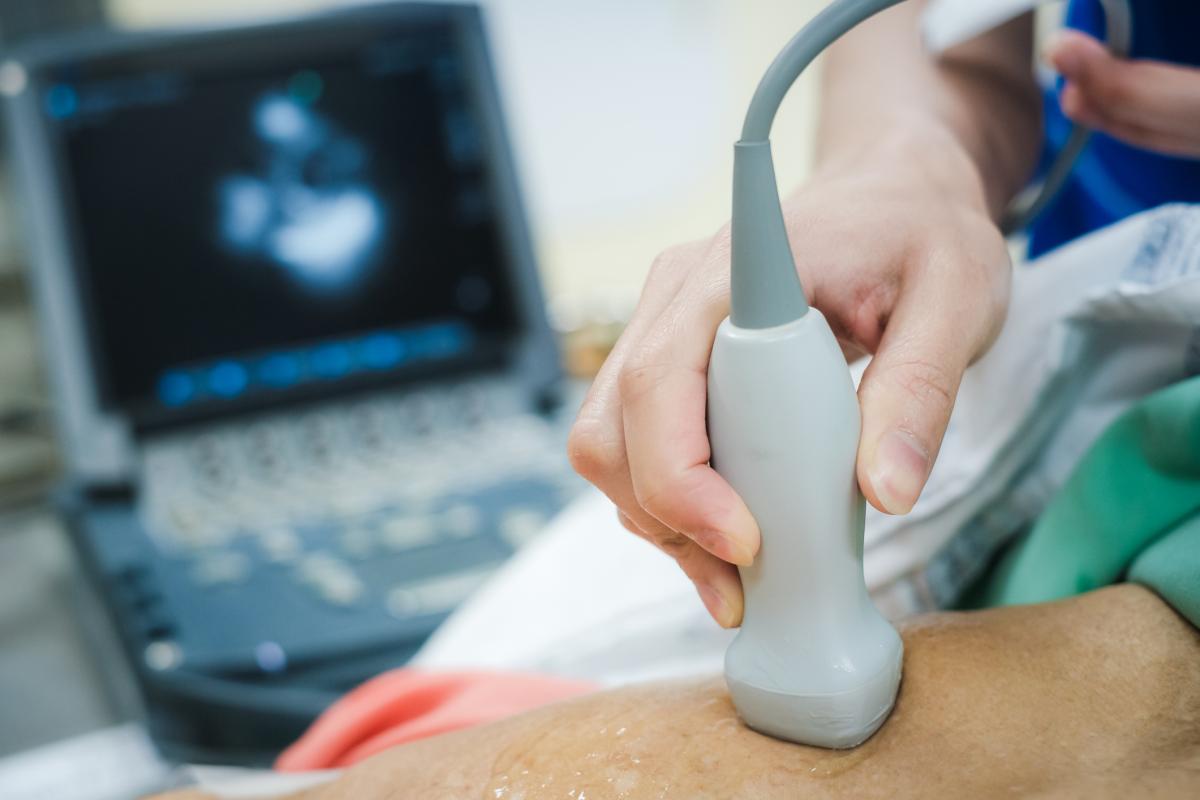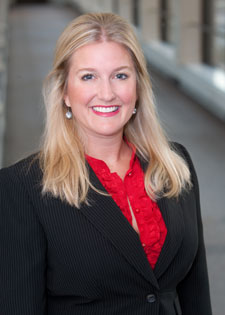Cardiac Anesthesiologists Expand Surgery Options for Cardiac Patients

Cardiac patients who need other types of surgical procedures are often denied surgery due to the risks and complexity of their cases. But that is no longer the case at Nebraska Medicine.

Cardiac anesthesiologists have specialized training in monitoring the function of the heart during surgery using advanced cardiac monitoring tools called transesophageal echocardiography (TEE) and transthoracic echocardiography (TTE). This tool allows them to measure the function of the heart and gives them direct visualization of the chambers of the heart, its valves and the major connecting vessels and veins that supply blood to the heart. While many large medical centers have a cardiac anesthesiology program that provides monitoring of patients during cardiac surgery, few in the country have echo-trained anesthesiologists who also monitor cardiac patients during non-cardiac related procedures.
"The use of echo in non-cardiac cases is a new phenomenon that is state-of-the-art," says Sasha Shillcutt, MD, cardiac anesthesiologist at Nebraska Medicine and Director of Perioperative Echocardiography, at the University of Nebraska Medical Center (UNMC). "This is a very unique service that no one else offers in the state and fulfills a critical need for the safety of these patients. Without our expertise in TEE, most non-cardiac surgeons would otherwise not perform surgery on these types of patients simply because it is too risky."
The Perioperative Echocardiography Consult Service includes a team of 10 cardiac anesthesiologists who are trained in advanced TEE and TTE and eight other anesthesiologists who are trained in basic echocardiography and use their skills in trauma patients, liver transplants, vascular surgery and critical care medicine. Under Dr. Shillcutt, the department also leads a national perioperative echocardiography training program that prepares physicians across the country in basic and advanced perioperative echocardiography. It is one of a few training programs in the country.
"Surgery is a very stressful event on the body," explains Dr. Shillcutt. "When you take someone into surgery who already has had heart-related complications, the stress on the heart and potential risks are much more significant. All of our training is focused on getting the patient through surgery and out of the hospital without having a major cardiac event."
The risk of having a cardiac event after surgery for patients with prior heart disease increases to 10 to 25 percent, notes Shillcutt. "We have been using echocardiography during open-heart surgery for years," she says. "Using it in patients with heart disease undergoing major non-cardiac surgery only makes sense to improve outcomes. We have diagnosed blood clots, heart failure and holes in the heart during non-cardiac surgery. These are patients that might not have made it through surgery had we not had the technology and experience to detect these problems."
The care in the operating room is backed by a team of critical care physicians, the state's only certified heart failure team, cardiologists and other specialists who are trained to provide follow-up intensive care after surgery. "It's an excellent example of a multi-specialty group of doctors working together to provide the best care for each patient," says Dr. Shillcutt.
To speak to a member of our cardiac anesthesiology department, please call 877-647-7497.


